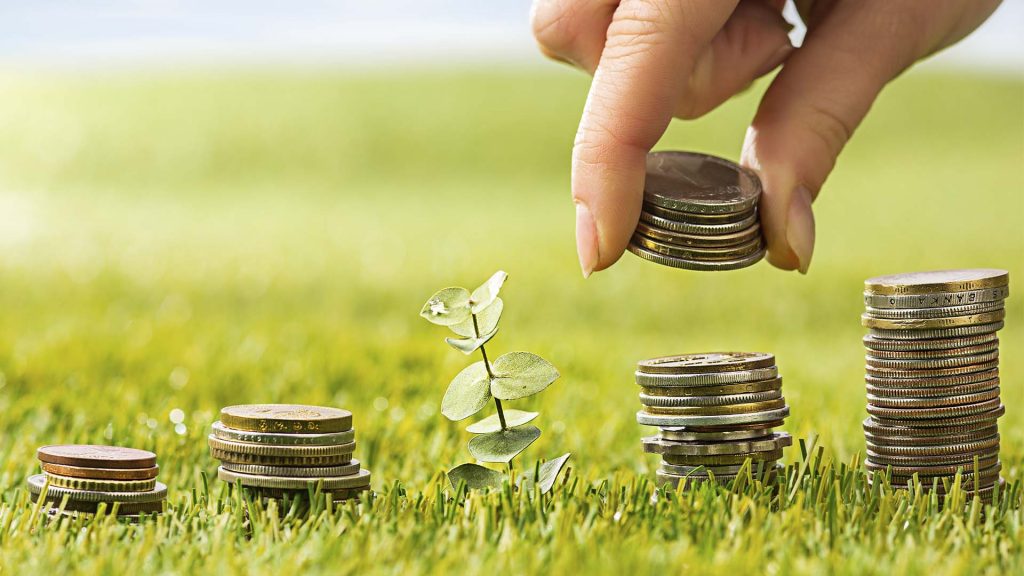RIO DE JANEIRO, BRAZIL – Brazil has R$411 billion to finance green projects intermediated by federal public banks.
The amount was estimated for the period between October 2021 and December 2022 and is offered by Banco do Brasil, Caixa Econômica Federal, Banco Nacional de Desenvolvimento Econômico e Social (BNDES), and New Development Bank (BRICS Bank, formed by Brazil, Russia, India, China, and South Africa).
The data were presented by the deputy executive secretary of the Ministry of Environment (MMA), Daniel Catelli, during the II Environmental Governance Forum, promoted by the Sustainable Development Committee of the Brazil Governance Network (RGB).

“The amount of resources in Brazil today destined for this type of activity is substantial. We need good projects and governance so that this resource can reach the end, and the entrepreneur can access these resources. And so we can transform our country’s economy and make this reality, which Brazil is experiencing today, consolidate it into an ecological superpower in the world,” he highlighted.
NATIONAL GREEN GROWTH PROGRAM
Secretary Daniel Catelli discussed the National Green Growth Program during the forum. Created in 2021 by the federal government and managed by the Interministerial Committee on Climate Change and Green Growth, the program has the following objectives:
- Ally economic growth with sustainable development;
- Improve the management of natural resources;
- Create green jobs;
- Promote the conservation of forests and the protection of biodiversity;
- Reduce greenhouse gas emissions;
- Stimulate the capture of resources, public and private, from national and international sources;
- Encourage the development of studies and research that contribute to the program’s objectives.
“We do not understand the environment in isolation from the human element. The human element is present in the environment and interacts directly with it. And we need to create positive incentives,” said Catelli.
According to the secretary, by September, the National Green Growth Program should establish standardization of the concept of green projects that is valid for all financial institutions.
“If we don’t have standardization, we can’t speak the same language. We will have some institutions saying that a certain project is green and, in another institution, the same project may not be considered green.”
INITIATIVES
One of the initiatives supported by the program is the National Policy for Solid Waste and the National Program for Reverse Logistics. The measures seek to accelerate the closure of landfills and increase recycling to transform trash into green investments.
“The National Solid Waste Policy is extremely innovative and successful because we are now bringing in recycling credit. We are bringing one more important economic element to encourage recycling in Brazil. And these economic elements end up stimulating the population, not only as something mandatory. We want to bring incentives,” says Catelli.
According to the Ministry of the Environment, Brazil is the world record holder in aluminum can recycling, with more than 31 billion cans recycled in 2020. Of the 402,000 tons produced that year, 391,000 tons were recycled.
Other program initiatives are the Carbon Credit Market (decree 11.075/2022) and the Federal Strategy to Encourage the Sustainable Use of Biomethane (decree 11.003/2022). According to the folder, Brazil has the potential to generate from $16 billion to $72 billion in net carbon credit revenues by 2030.
In addition, in 2021, the Ministry of Mines and Energy, in partnership with the Ministry of Environment, held the first auction for energy generated from the gas drainage of solid waste (biogas and biomethane), with investments of more than R$500 million.
Daniel Catelli also mentioned the Green Rural Producer License and the National Policy for Payment for Environmental Services. Both aim to encourage the preservation of forests and native vegetation through financial compensation.
With information from Brasil61

